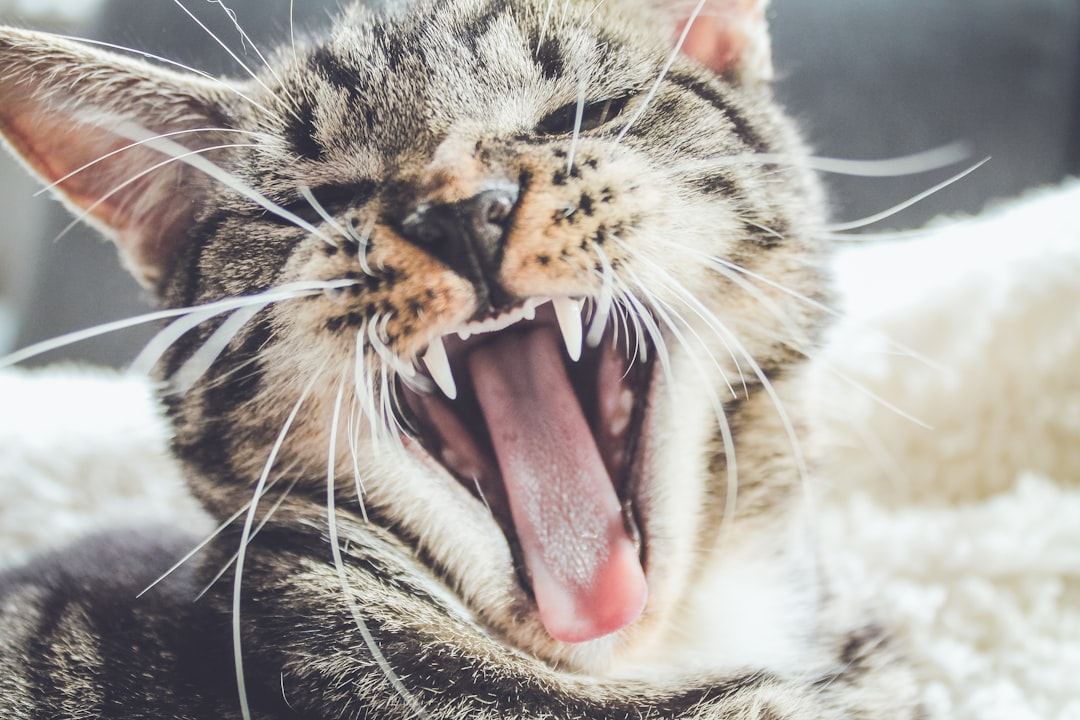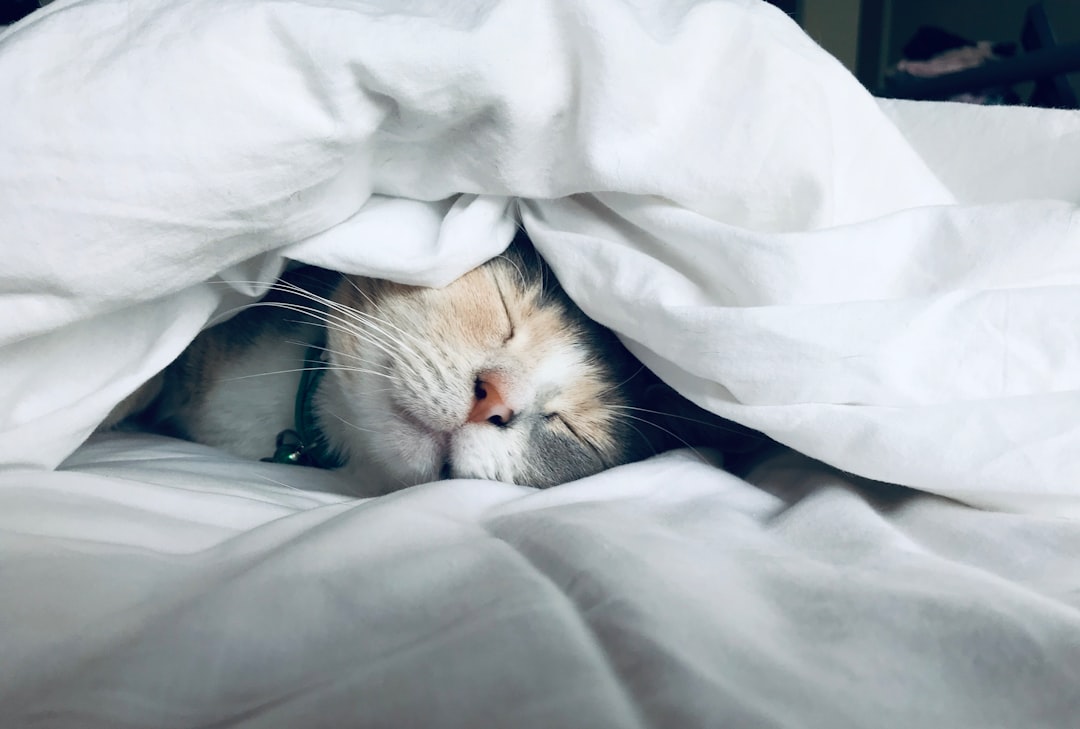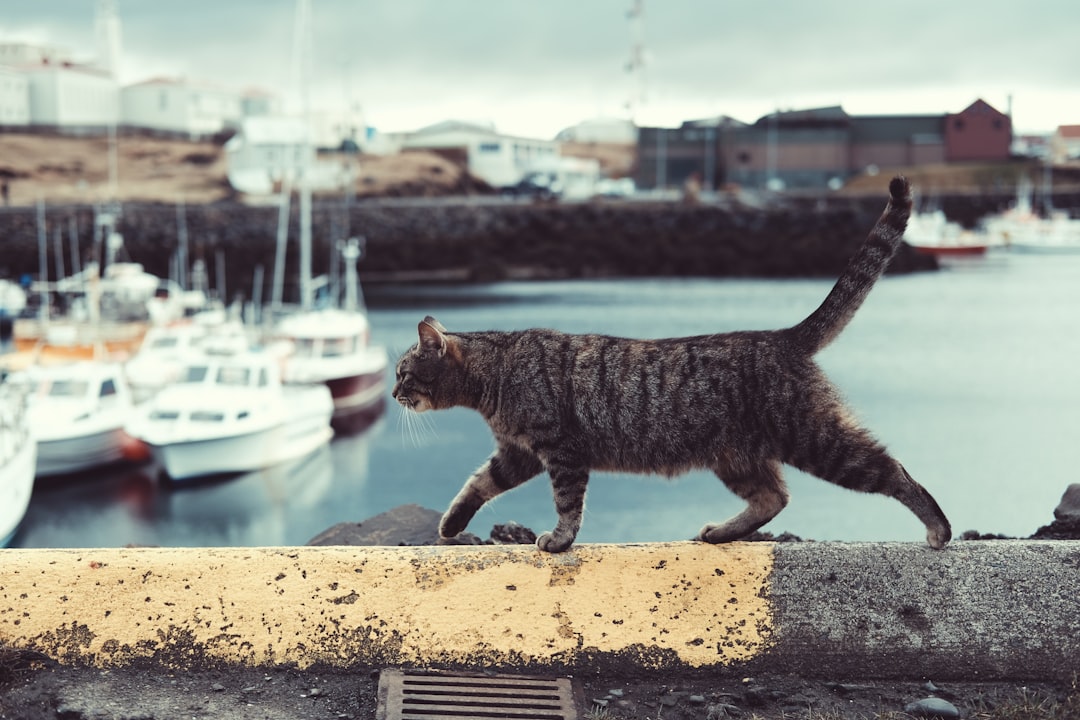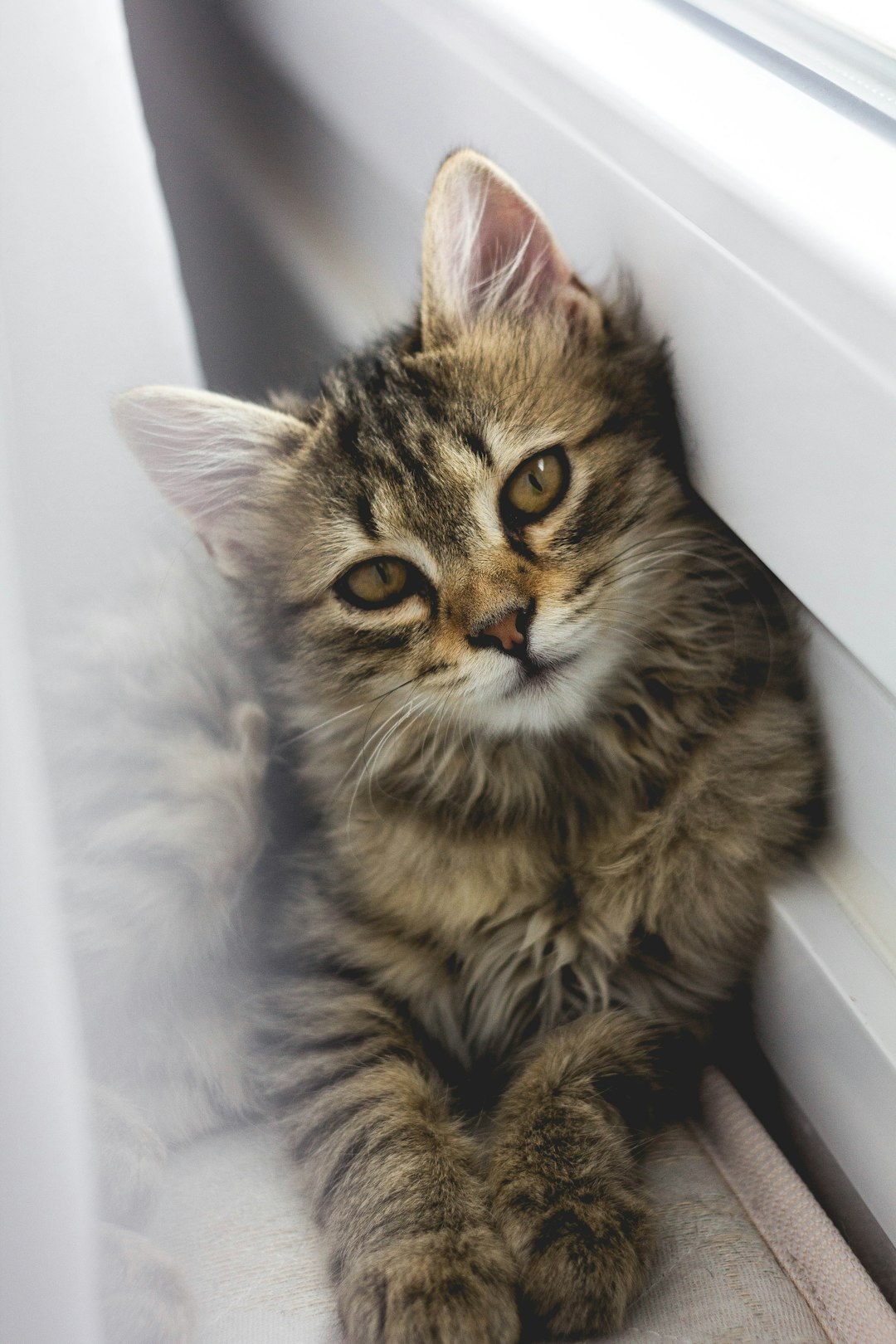Exploring the question, "is lavender safe for cats," reveals important insights for pet owners. Lavender, a popular essential oil, often boasts calming properties for humans, but its effects on our feline friends require careful consideration. In this post, we will delve into the nature of lavender, assess its safety, and highlight potential risks associated with exposure. Understanding how to use lavender safely, alongside consulting with a veterinarian, ensures our beloved cats remain healthy while we enjoy the soothing benefits of essential oils.
Understanding Lavender and Cats
When considering if lavender is safe for cats, it’s essential to understand both the plant and its effects on feline friends. Lavender, known for its soothing fragrance, belongs to the mint family. While it’s widely popular for its calming properties in humans, the safety of lavender around cats remains a concern.
Key Points:
- Lavender Essential Oil: Extracted from the lavender plant, this oil is often used in aromatherapy.
- Natural Repellent: Many pet owners use lavender to repel insects or reduce stress in their homes.
However, not all components of lavender are beneficial for cats. Here’s a quick comparison of lavender in various forms:
| Form | Safety for Cats |
|---|---|
| Dried Lavender | Generally safe in moderation |
| Lavender Oil | Can be toxic |
| Lavender Sprays | Use with caution |
Thus, while some forms of lavender may pose minimal risk, it is crucial to approach its use deliberately. Always ask yourself, is lavender safe for cats before introducing it to your home environment.

Essential Oils: What Are They?
Essential oils are concentrated plant extracts that capture the natural fragrance and beneficial properties of various plants. These oils contain potent compounds that can offer various therapeutic effects. However, their potency also raises questions about safety, especially in homes with pets.
Here are some key points to understand about essential oils:
- Extraction Methods: Essential oils come from leaves, flowers, stems, and roots through processes like steam distillation or cold pressing.
- Usage: They are commonly used in aromatherapy, beauty products, and cleaning supplies. Popular essential oils include eucalyptus, tea tree, and, of course, lavender.
- Benefits: Many people use essential oils for relaxation, stress relief, or natural air freshening.
When considering whether is lavender safe for cats, remember that while lavender possesses calming properties for humans, it may not have the same effect on our feline friends. Always approach the use of essential oils with caution, especially around pets.
The Safety of Lavender Around Cats
When considering the safety of lavender around cats, it’s crucial to understand the potential effects of this popular plant. So, is lavender safe for cats? While it’s not considered highly toxic, there are some important details to keep in mind:
Lavender Oil vs. Lavender Plant:
- Lavender Oil: Highly concentrated and potentially harmful.
- Lavender Plant: Generally safe in small amounts.
Types of Exposure:
- Inhalation: Some cats may experience respiratory irritation.
- Topical Application: Should always be avoided; the oil can cause skin irritation or allergic reactions.
Key Points:
- Moderate exposure to dried lavender flowers is usually safe.
- However, concentrated lavender oil poses greater risks; always use caution.
In summary, while the lavender plant isn’t severely toxic for cats, it’s vital to monitor usage carefully. If you’re asking, "is lavender safe for cats?" remember that moderation is key and consider consulting your veterinarian to address specific concerns.
Potential Risks of Lavender Exposure
When considering whether is lavender safe for cats, it’s crucial to understand potential risks. While lavender oil may have calming qualities for humans, it poses certain dangers for our feline friends. Here are the primary concerns:
- Toxic Compounds: Lavender contains linalool and linalyl acetate, which can be toxic to cats when ingested or absorbed through the skin.
- Respiratory Issues: Cats are sensitive to strong scents. Inhaling lavender oil can lead to respiratory distress, especially in pets with pre-existing conditions.
- Digestive Problems: If cats consume lavender, it may cause vomiting, diarrhea, or loss of appetite.
| Exposure Type | Possible Effects |
|---|---|
| Inhalation | Respiratory issues, lethargy |
| Ingestion | Vomiting, diarrhea, stomach upset |
| Skin Contact | Dermatitis, irritation, possible toxicity |
To summarize, while is lavender safe for cats is a question many pet owners ponder, caution is paramount. Always monitor your pet’s behavior and seek veterinary advice if exposure occurs.

Signs of Lavender Toxicity in Cats
If you’re wondering is lavender safe for cats, it’s crucial to be aware of the potential signs of toxicity. Though lavender is generally safe in small amounts, certain symptoms can indicate an adverse reaction. Watch out for the following signs:
- Vomiting or Diarrhea: These are common gastrointestinal responses.
- Excessive Salivation: An increase in drooling may signify discomfort.
- Respiratory Distress: Noticeable changes in breathing or coughing can occur.
- Lethargy: If your cat seems unusually tired or less active, it could be a warning sign.
- Reduced Appetite: A sudden aversion to food might indicate illness.
It’s essential to monitor your cat if you’ve used lavender around them. In cases where you suspect that your cat has ingested a significant amount or is showing signs of distress, immediate veterinary consultation is necessary.
In summary, while many pet owners ponder, is lavender safe for cats? the signs of lavender toxicity can provide guidance. Always prioritize your cat’s safety and health when considering the use of essential oils.
Alternative Essential Oils for Cats
If you’re looking for safe alternatives to lavender, consider the following essential oils that are generally recognized as cat-friendly:
- Cedarwood Oil: Known for its calming properties, cedarwood can help repel pests while providing a soothing environment.
- Sandalwood Oil: Often used for relaxation, sandalwood is less likely to irritate your feline friends and can promote tranquility.
- Frankincense Oil: Safe in small amounts, frankincense can support respiratory health and create a serene atmosphere.
- Chamomile Oil: Recognized for its soothing effects, chamomile can help alleviate stress in both cats and their owners.
Key Considerations
When using any essential oil, always remember:
- Dilution is Essential: Always dilute oils before application. A small amount can go a long way.
- Monitor Reactions: Observe your cat for any adverse reactions.
- Use Sparingly: Less is more when it comes to essential oils around cats.
Ultimately, while exploring whether is lavender safe for cats, embracing these alternatives can help create a safe and pleasant environment for your furry companion.
How to Use Lavender Safely
When considering the question, is lavender safe for cats, using lavender in a safe manner is essential for both you and your feline companion. Here are some effective ways to incorporate lavender while keeping your cat’s safety in mind:
Dilute Lavender Oil: If you use lavender oil, always dilute it with a carrier oil to reduce potential irritants.
Avoid Diffusers: Do not use essential oil diffusers where your cat spends most of their time—as it can lead to respiratory issues.
Use Dried Lavender: Instead of oils, opt for dried lavender sachets. Place them in areas your cat does not frequent to minimize exposure.
Monitor Reactions: Always watch your cat for any signs of distress when introducing lavender. This can include excessive grooming or sneezing.
Limit Frequency: Use lavender in moderation. Occasional use decreases the likelihood of adverse reactions.
Ultimately, while the question of is lavender safe for cats may have a nuanced answer, taking precautions ensures both enjoyment for you and safety for your furry friend.

Consulting a Veterinarian About Essential Oils
When considering whether is lavender safe for cats, consulting a veterinarian is crucial. Here are key reasons why:
- Expert Guidance: Vets provide personalized advice based on your cat’s health history and specific needs.
- Understanding Risks: They can explain the potential risks associated with essential oils, including lavender. Some oils can cause adverse reactions, and a vet will help you assess these dangers.
- Safe Alternatives: If lavender is not safe for your feline friend, your vet can suggest safe alternatives tailored for cats.
- Behavioral Insights: A veterinarian can help you understand how essential oils might affect your cat’s behavior and mood.
Before introducing any essential oil, including lavender, reach out for professional advice:
- Make an appointment for a thorough examination.
- Be open about the products you’re considering using.
- Always trust their recommendations for your pet’s safety.
In summary, when questioning is lavender safe for cats, a vet’s guidance will lead you to the safest choices for your furry companion.
Frequently Asked Questions
Is lavender safe for cats?
Lavender is generally not considered safe for cats. While the lavender plant itself may not be highly toxic, ingesting it can cause gastrointestinal distress, including symptoms such as vomiting or diarrhea. Additionally, the essential oil derived from lavender is much more concentrated and can be even more harmful. Cats are particularly sensitive to essential oils due to their unique liver metabolism, which can lead to severe reactions if ingested or applied topically.
What are the symptoms of lavender toxicity in cats?
Symptoms of lavender toxicity in cats can range from mild to severe. Mild symptoms may include drooling, vomiting, or decreased appetite. More severe reactions can involve lethargy, trembling, difficulty breathing, or even liver damage in extreme cases. If you suspect that your cat has ingested lavender or has been exposed to lavender essential oil, it’s crucial to contact your veterinarian immediately for guidance and possible treatment.
Can I use lavender essential oil for aromatherapy around my cat?
Using lavender essential oil for aromatherapy around cats is strongly discouraged. Cats have a keen sense of smell and are more susceptible to the effects of essential oils. Even diffusing lavender in an open space can lead to respiratory issues or other adverse reactions in cats. Instead, consider using cat-safe products specifically designed for aromatherapy, and always ensure that your cat has access to a well-ventilated area.
What alternatives to lavender are safe for cats?
If you are looking for alternatives to lavender that are safe for cats, consider using catnip, chamomile, or valerian root, as these herbs are generally deemed safe and can even provide calming benefits. Additionally, there are various pet-safe essential oils, such as cedarwood and ginger, that can be used cautiously. Always consult with your veterinarian before introducing any new scents or products into your home to ensure they are safe for your furry friend.



